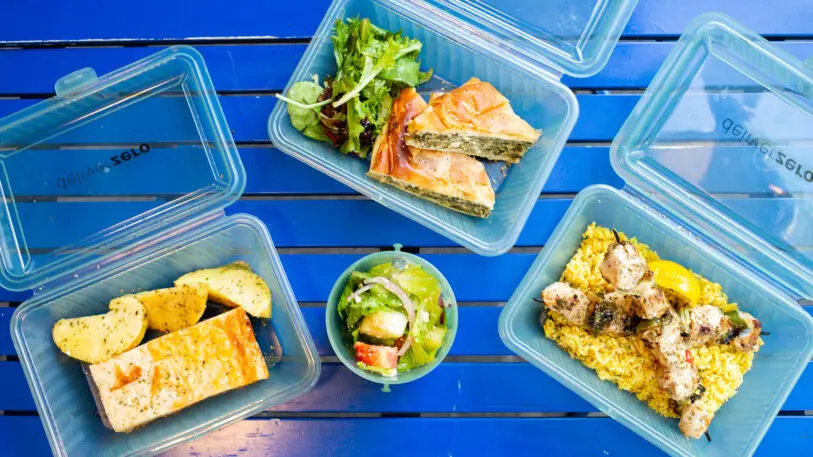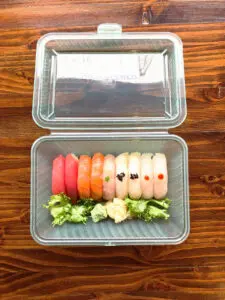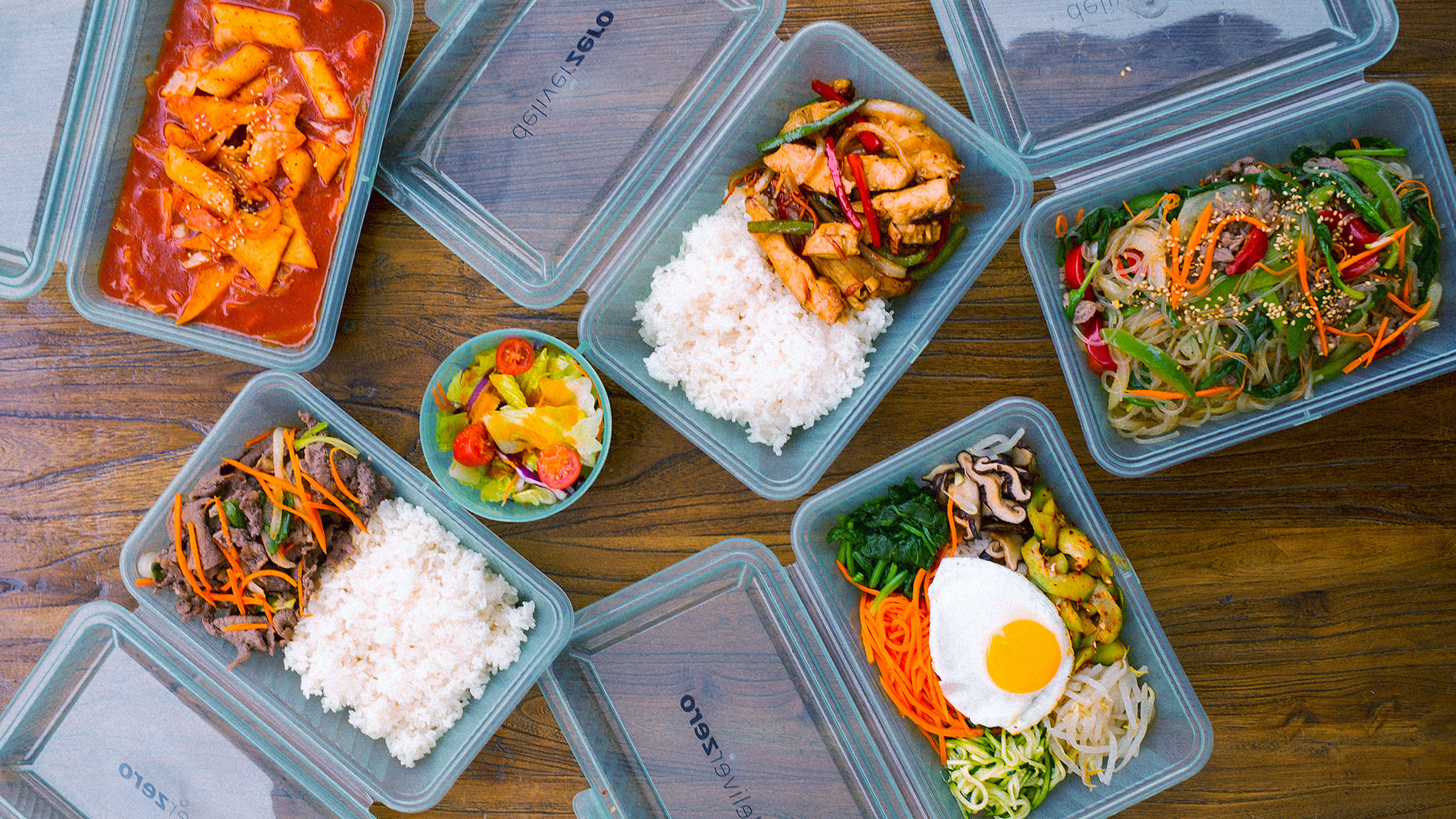If you order from DeliverZero, a third party delivery service in New York City, your food will look different than the usual pile of plastic containers: instead, it will come in reusable clamshells. Then, the next time you order takeout from the platform, you can hand over those containers to the delivery driver and they’ll be returned to a participating restaurant, washed, and reused for another delivery.
Nationwide, food and packaging containers together account for almost 45% of landfill materials in the U.S. That’s not all takeout waste, but with the online food delivery market growing—it’s expected to be worth $200 billion by 2025—it’s easy to see how single use waste from food delivery adds up, especially during a pandemic that’s forcing more people to order in.

The platform has more than 100 restaurant partners, up from five when it first launched in November 2019, and Farbiarz says they’re adding about five to ten new restaurants a week. DeliverZero chose to make its own delivery platform, rather than partner with existing ones like other reusable container companies, because it solves the often-annoying problem of returning the reusables.

Customers can also return the containers—which are made out of a sturdy, BPA-free polypropylene plastic and good for up to 1,000 uses, the company says—by dropping them off at any participating restaurant. After ordering food, customers have six weeks to return the containers, and if they don’t, they’ll be charged $3.25 plus tax for each container they keep.
Though each container is a bit pricey compared to disposables (which can cost around 75 cents a piece), DeliverZero says its reusables will save restaurants money in the long run. The platform doesn’t charge per container so restaurants don’t feel pressured to use fewer than necessary, or have fees for signing up or using its tablet. It does charge a commission based off of the amount of food a restaurant sells, which the startup says is typically about half of what the larger delivery services take for restaurants that handle their own delivery and two-thirds for restaurants it delivers for.
DeliverZero will expand to Amsterdam this winter and then to Chicago. When the company was founded, the question was if this is a niche product only some people care about, but their success has already proven that’s not true, Farbiarz says. “This is a global problem that even the average consumer appreciates. Your average Joe realizes it makes no sense to have single-use packaging that is designed to last for 40 minutes before it’s thrown in our garbage.”
Recognize your brand’s excellence by applying to this year’s Brands That Matter Awards before the early-rate deadline, May 3.
